
Why Australia’s community organisations need a new governance model
Posted on 25 Feb 2026
Australia’s community organisations are quietly holding society together. From local sporting clubs…
Posted on 15 Nov 2023
By Greg Thom, journalist, Institute of Community Directors Australia

A growing awareness of rising inequality in Australia has been identified as one of four key social trends shaping the nation according to a new report.
The inaugural State of Social Impact Report found that while many Australians think of their country as egalitarian, the nation faces the stark reality of growing inequality and persistent poverty.
The trend is being exacerbated by factors such as the rising cost of living, job insecurity and disparities in access to education and healthcare.
“In 2023, there is a growing realisation that systems designed to deliver 'trickle down' shared prosperity are instead fuelling the inequality gap – at unprecedented levels,” the report states.
Compiled by social impact venture the Impact Institute, the report combines third party research with insights from attendees at the Social Impact Summit held in July.

Impact Institute CEO, Mark Jones said the report was intended to “spark dialogue and advocate for meaningful change” while also providing practical recommendations for tackling shared social challenges.
“Our hope is that we will inspire conversations that will move us forward on this journey,” he said.
The report highlighted data from the 2023 Actuaries Institute study Not a Level Playing Field which showed that the highest 20% of income earners in Australia have six times more disposable income than the lowest 20%.
The same research also revealed that the wealthiest 20% of Australian households own 230 times more in net assets than the lowest 20%.
Royden Howie, head of advisory at the Impact Institute, said the growing awareness of inequality, poverty and entrenched disadvantage underscored the urgent need to address these disparities to ensure a more equitable society.
“We’re approaching 30 years of economic growth in Australia disrupted only by covid, yet persistent intergenerational disadvantage exists,” he said.
“My challenge to all of us as we look at the state of social impact, is how can we all be putting more back in, in investment in people and community than we’re taking out?”

“We’re approaching 30 years of economic growth in Australia disrupted only by covid, yet persistent intergenerational disadvantage exists.”
The report identified three further social trends defining Australia:
The report found that the pursuit of a more equitable and socially responsible society has never been more critical.
“Australians are increasingly aware of rising inequalities, social disadvantage and ineffective systems that harm people and communities – and they want change.”
The report said there was a collective expectation in the community that organisations of all descriptions would address shared social challenges, and the community wanted more radical and meaningful action from government.
“Within this context, social impact is emerging as a concept to understand and frame all initiatives designed to address social inequalities, foster human rights and improve the lives of all Australians.”

The report recommended four actions that “have the potential to unlock the process of collective transformation” and help create a better Australia.
“Our goal is to chart Australia’s journey towards an economy that prioritises our community’s holistic wellbeing over narrow measures of financial success,” the report states.
“Our hope is this report will inspire action and invite more people into this conversation about the future of Australia.”
Dissecting the sector: New measurement indicators released
Untapped billions could fuel greater social impact
Community Directors Intelligence: the Social Enterprise edition

Posted on 25 Feb 2026
Australia’s community organisations are quietly holding society together. From local sporting clubs…
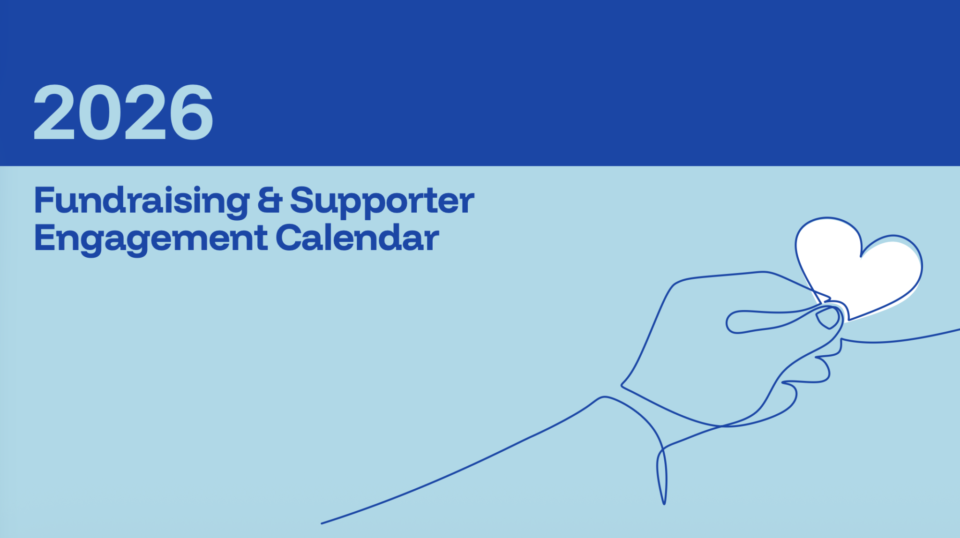
Posted on 25 Feb 2026
Writing communications for donors, stakeholders, regulators and the public can be a relentless task…
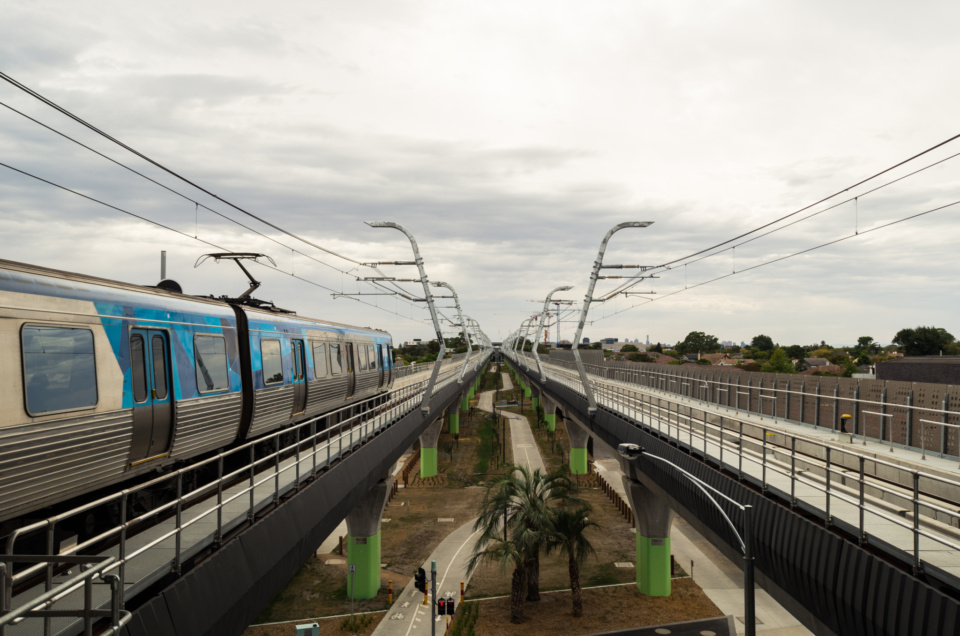
Posted on 25 Feb 2026
A Victorian suburb's hot debate about whether trains should live underground or in the sky ended…
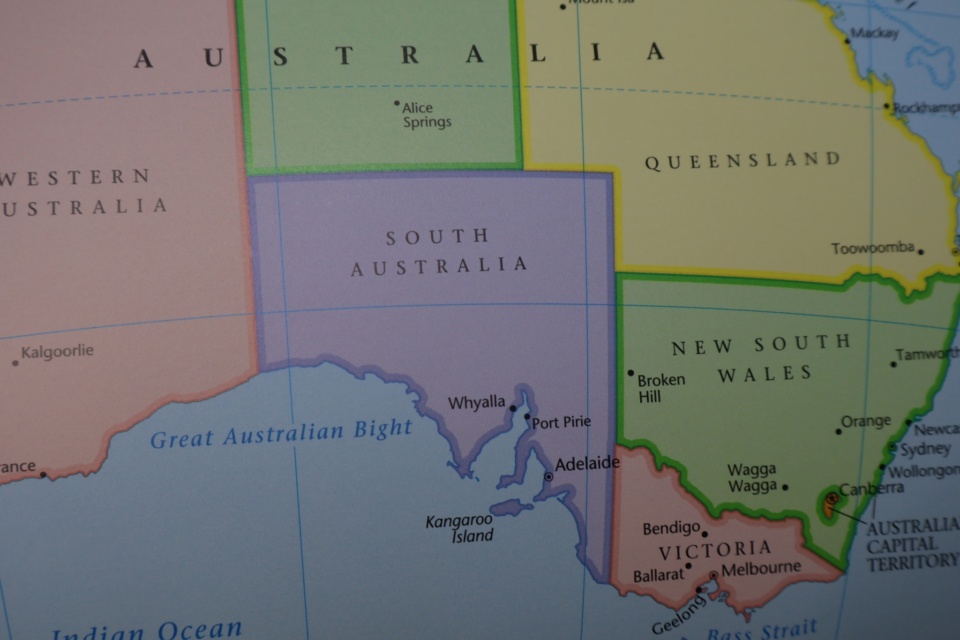
Posted on 25 Feb 2026
Three years after the federal government announced that national fundraising principles would be…
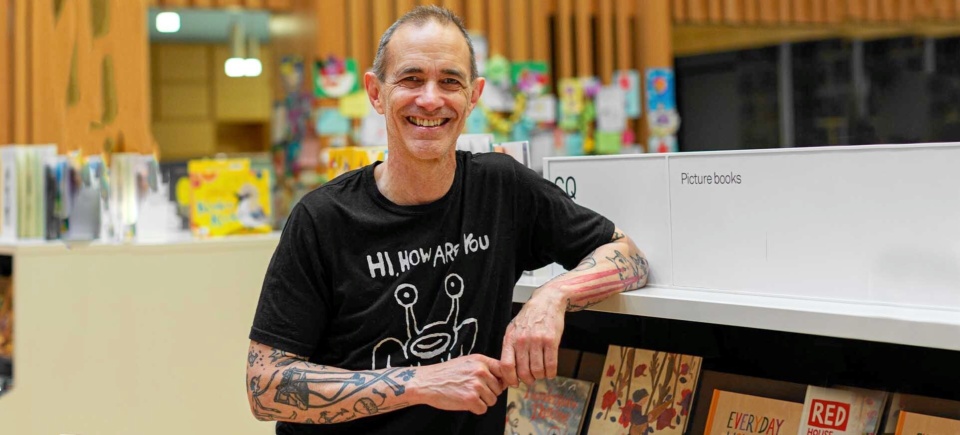
Posted on 25 Feb 2026
Author Andy Griffiths has spent 30 years bringing “punk rock” to children’s books, making kids…
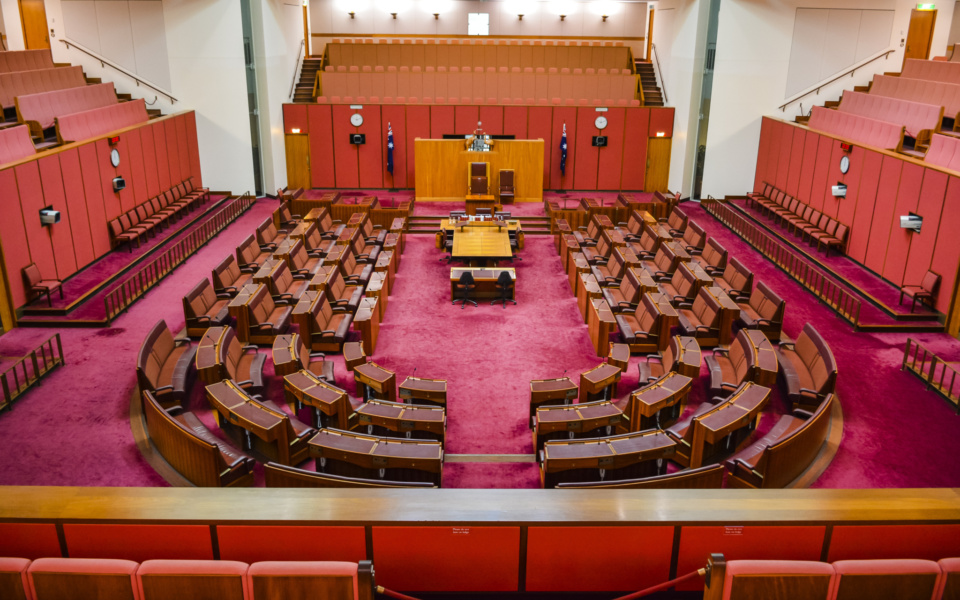
Posted on 25 Feb 2026
Senator Dean Smith is back as shadow minister for charities, and he’s told the Community Advocate…

Posted on 18 Feb 2026
Around 50 per cent of all funding for charities in Australia comes from government. The nature of…

Posted on 18 Feb 2026
You wouldn’t try to fix a complex system with one tool. You’d widen the toolkit, improve the…

Posted on 18 Feb 2026
Australia’s champion laundry van charity, Orange Sky, has announced it is ready to expand into…

Posted on 18 Feb 2026
To have any hope of hitting the grand plan of doubling philanthropy by 2030, Australia needs one…

Posted on 18 Feb 2026
When Nyiyaparli woman Jahna Cedar travels to New York next month as part of the Australian…

Posted on 17 Feb 2026
This is the full academic version of Dr Oksana King's thoughts on the need to better compensate and…